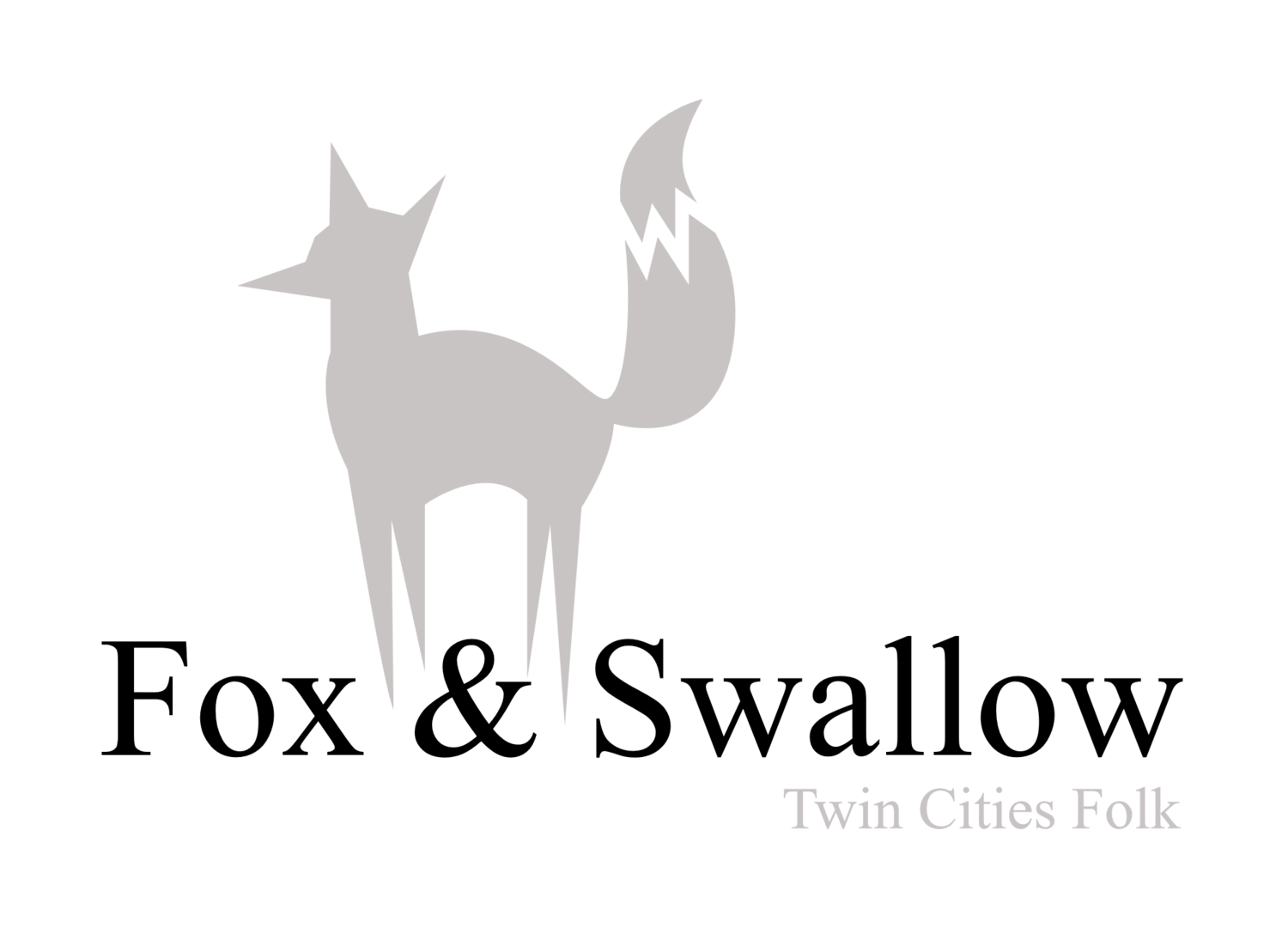TACOMA: Stretching the Walking Simulator Formula in Beautiful Ways
(Originally Post August 21, 2017)
An excellent story from the creators of Gone Home. It attempts and succeeds in innovating on the "walking simulator", introducing novel game mechanics and avoiding the predictability of tone and game play that has saturated the genre.
What the game does right is in how it uses its primary story telling device, a game mechanics which allows you to play and reverse briefs snips of the lives of the crew of the abandoned space station, Tacoma. How amazing this mechanic was did not set in until I had encountered it once or twice and managed to see the full potential of it. Without spoiling too much, it allows you to be a fly on the wall of incredibly intimate moments all happening simultaneously. The story plays out in multiple places at once and it manages to break away from a linear story, while still being contained to a straight path.
There were multiple times during the game where I found myself craving a full experience with combat and the story mechanic intermixed in. I think moving forward, story driven action games should take note on how to tell a narrative without the need for a simple cut scene. This game shows the potential for similar fly-on-the-wall mechanics.
The game does have some pit falls, one being the atmosphere itself was not quite as inviting as other walking simulators. Especially when compared to Gone Home, where you felt like you where snooping quietly through a house whose owners might return any minute, Tacoma feels a bit bland in comparison. A little bit of tension does build, but you never really feel in danger at point. A story unfolds before you, but you are never really sure what your stake in it is. I was certainly interested in what happened to the crew and that propelled me forward, but the atmosphere did little to establish my characters personal stake in the story.
There is one mechanic which I felt was under utilized, and that was your contacts with the outside world. Periodically you do receive Emails and messages from your company, but these are never straight forward and offer little more than reminder of your quest. I would read them expecting something to give me an insight into potential dangers or help create some personal stakes. But unfortunetly it never happens. You are a silent observer, and it feels like you have very little impact on the actual world for the most part.
I'll say again, the story itself is enough to make up for this. But I think it shows that setting is very important for these kind of games. Gone Home works because the personal stake is very easily understood. The kind of voyeurism that it employs, going through people's cupboards and dressers, is something we are conditioned from birth to know is wrong. So it feels dangerous to do it even in a simulated environment. Campo Santo's Firewatch had some similar beats: walking through an abandoned forest park, finding people's personal belongings, conversing with a distant friend. The stakes are personal and more readily relatable. Tacoma doesn't manage to hit this stride, which is disappointing because it would have moved the game towards wholly excellent.
I highly recommend the game. The story is fun and good sci-fi and the game mechanics are novel enough to elevate the story even further. The game may be a bit short for some, but for those who are fans of the Walking Simulator, it really sets the bar for inventing new ways to tell a story beyond the linear copy-cats which have flooded steam. It shows that there is a lot more to be expected and gained from this genre from truly creative designers.
